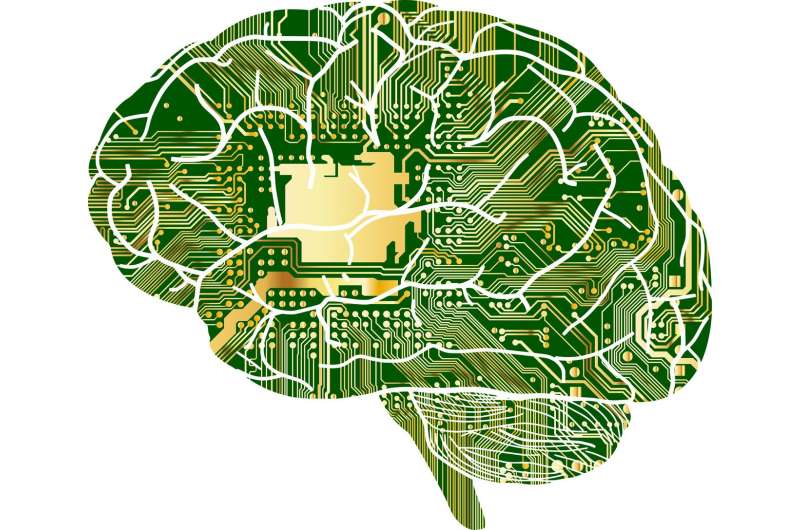Survey of trends in artificial intelligence finds advances in working with human languages, global reach

For the past two years, a Stanford-led group has surveyed developments in artificial intelligence research to keep track of trends in the fast-paced field. In their second AI Index Report, published December 12, the group reported that the field has increasingly focused attention on language processing – how AI learns and understands human languages – and has expanded its global reach. The group also took the first snapshot of diversity in AI with an eye to tracking those metrics over time.
This information helps investors and governmental agencies determine how to allocate resources and provides updates for people whose lives will be affected by new developments in AI. The report was kickstarted by AI100, a collaboration of researchers who felt it was important to be tracking the progress of the field. It is now overseen by Yoav Shoham, professor of computer science, emeritus, under Stanford's Human-Centered AI Initiative.
"We're trying to inform the conversation about artificial intelligence with hard data," Shoham said.
Learning the language
Because most information exists as text on the Internet, computer scientists have been trying to improve the ability of artificial intelligence to understand and process written languages. "There's tons of opportunity to understand that treasure trove of information," Shoham said.
Learning the intricacies of human languages is hard even for human children and non-native speakers – but it's particularly difficult for AI.
Scientists have already taught computers how to do simple tasks, like translating one language to another or searching for keywords. Artificial intelligence has gotten better at solving these narrow problems. But now scientists are tackling harder problems, like how to build AI algorithms that can piece together bits of information to give a coherent answer for more complicated, nuanced questions.
"Language is the ultimate frontier of AI research because you can express any thought or idea in language," Shoham said. "It's as rich as human thinking."
Interest in AI research is also spreading worldwide, particularly in China where student enrollment in introductory AI and machine learning courses increased 16-fold at Tsinghua University in Beijing. With the increased international interest in AI, the team hopes to include more global metrics in future years and is translating this year's report into Chinese, Spanish and Japanese.
Learning about ourselves through AI
With such a fast-paced field, it's tempting to imagine a future in which artificial intelligence takes over all of humanity. But that's just science fiction, Shoham said. Instead, we'll likely see more "smart" technologies – similar to GPS systems or programmable washing machines – and processes becoming automated, like what we've seen with self-driving cars.
These changes will probably affect the job market, according to Shoham. Automating tedious processes may replace white collar workers in some professions, in much the same way that advancements during the Industrial Revolution replaced many blue collar workers. "Historically, though, technology has been a net job creator. It just changes the nature of the jobs," Shoham said.
Given how quickly the field of AI is developing, it's hard to predict what those jobs – or our daily lives – will look like in the future. But, for Shoham, the excitement about artificial intelligence lies not only in what it can do— but also in what it can't.
"It's not just mimicking the human brain in silicon, but asking what traits are so innately human that we don't think we can emulate them on a computer," Shoham said. "Our creativity, fairness, emotions, all the stuff we take for granted – machines can't even come close."

















